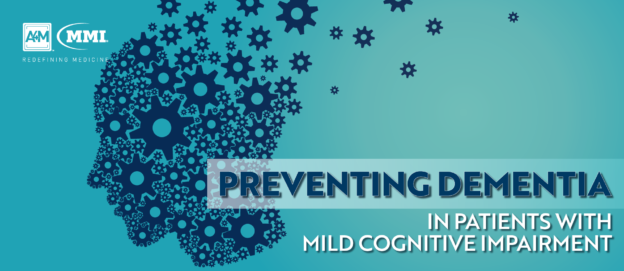Disease, premature death, and early signs of aging have all been linked to the growing number of environmental pollutants affecting the global population. Recent research has found that previous estimates of deaths caused by environmental pollution have been greatly underestimated. The study revealed a total of 8.8 million deaths attributable to air pollution each year worldwide. The detrimental effects of this ubiquitous issue on both environmental and human health are well-known, however, new research aims to determine whether exposure to pollutants can accelerate aging at the cellular level.



